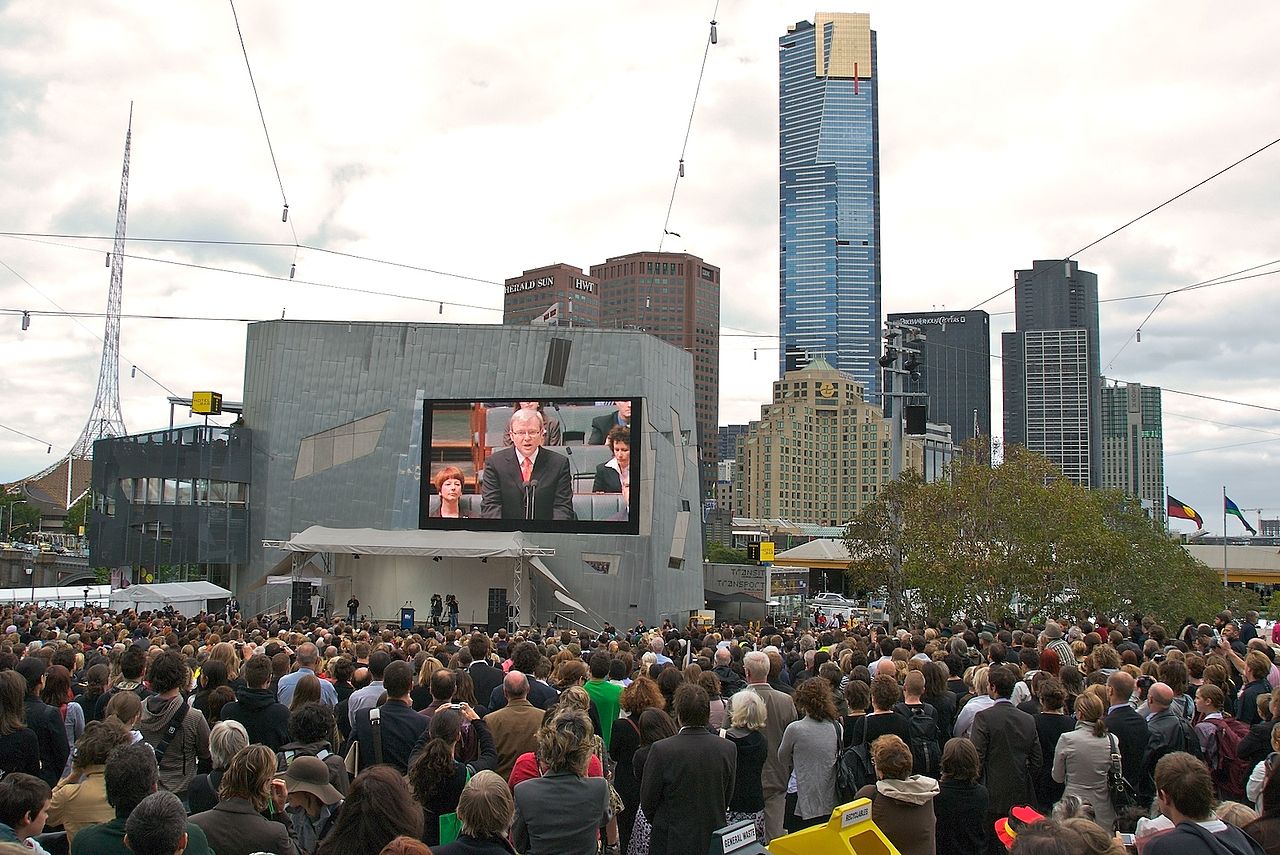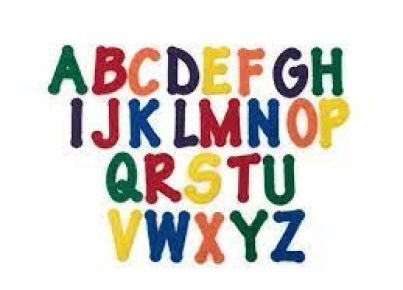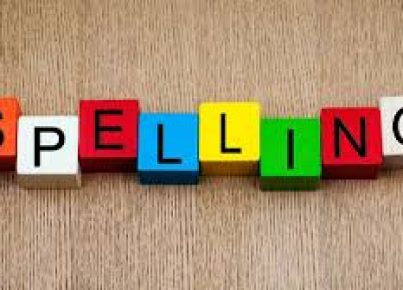An apology can be a powerful tool for healing and understanding. Recognizing the significance of apologies in social interactions, schools around the world commemorate various historical apologies on their anniversaries to teach students about empathy, history, and the importance of acknowledging past mistakes.
One such event is “The Apology Anniversary,” which provides an opportunity for educators to integrate into their curriculum activities that promote reflection and dialogue. Here are some classroom activities that can be used to observe an apology anniversary:
1. Discussion Circle:
Initiate a discussion circle where students can talk about what an apology means and why it is important. Educators can guide this discussion towards the specific apology being commemorated, allowing students to explore its context and significance.
2. Role Play:
Divide the class into groups and assign different roles related to the historic event leading to the apology. This role-play activity encourages empathy as students act out both sides of the event—those apologizing and those receiving the apology.
3. Apology Letters:
Have students write a letter of apology from one historical figure involved in the event to another. This activity can help them articulate an understanding of responsibility, regret, and resolution.
4. Art Project:
Encourage students to create visual art pieces that represent forgiveness and reconciliation. These could include posters, paintings, or digital artwork that illustrates themes of the apology anniversary being observed.
5. Timeline Construction:
Ask students to create a timeline detailing the events leading up to the historic apology. This helps provide a visual understanding of cause and effect, and the long-term impact of actions.
6. Empathy Essay:
Assign an essay prompt asking students to put themselves in someone else’s shoes and describe how they would feel receiving an apology for a great historical wrong.
7. Public Speaking Exercise:
Students can prepare speeches explaining why it is difficult to apologize and what can be gained from giving or receiving an apology. This activity hones public speaking skills while also delving into the complexities surrounding apologies.
8. Historical Debate:
Organize a debate over whether or not the given historical apology was sufficient and what else could have been done or said during that momentous occasion.
9. Interactive Quiz:
Create an interactive quiz about facts regarding the historical event apologized for, with questions designed to help reinforce knowledge acquired during “The Apology Anniversary” lessons.
10. Watch a Documentary:
Showcase documentaries or film adaptations related to both sides of the historic event that preceded the apology, followed by reflective discussion regarding new insights or personal reactions from students.
Observing “The Apology Anniversary” through these diverse classroom activities enriches student learning by promoting critical thinking skills, fostering empathy, and providing lessons on societal growth through acknowledging past transgressions.





